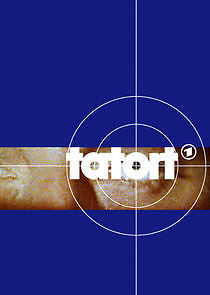|
When Chief Inspector Robert Karow (Mark Waschke) comes home, there is a hearse in front of his house. Karow's neighbor is dead. The inspector lived next to a corpse for weeks and didn't notice anything. Karow is devastated, while the landlady, Petra Olschewski (Karin Neuhäuser), is in a hurry to have the place cleaned. Although he has never had contact with the man, Karow spontaneously enters the neighboring apartment and declares it to be the scene of the crime. When coroner Jamila Marques (Cynthia Micas) discovers a shot in the neck of the already mummified corpse, Nina Rubin (Meret Becker) thinks about Karow's thesis "eviction by murder" and takes aim at the landlady.
Karow, on the other hand, follows a trail to clans in Berlin that send young people like Ana (Elina Vildanova) and Magda (Amira Demirkiran) to burglary with old people. Karow comes into contact with Gerd Böhnke (Otto Mellies), the former judge. D. was the victim of such a burglary. Did Karow's dead neighbor suffer a similar fate? The more the inspectors found out about Gerd Böhnke, the more they saw the bearer of the Order of Honored Lawyer of the GDR in a new light. The death penalty was only abolished in the GDR in 1987 - the "crime scene" took up the topic for the first time. The fall of the Wall in autumn 1989 was 30 years ago. The Berlin "Tatort" takes this anniversary as an opportunity to tell about a little-known piece of history that has not yet been discussed in the ARD crime series: the death penalty was imposed in the GDR.
Screenwriter Sarah Schnier says: "In the course of another project, I had dealt with the GDR and its judicial system and learned that the death penalty existed until 1987. From this little-known circumstance, I constructed a story for the murder victim, where the greater mystery in the end may not be how he died, but how and why he lived."
|

Running
|



random000 : Do people actually want to know why the frog is a mystery or how it went blind. Piffle.